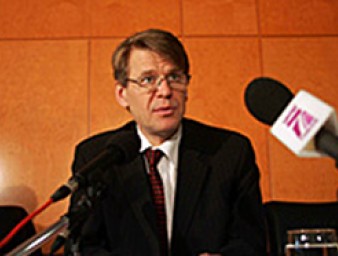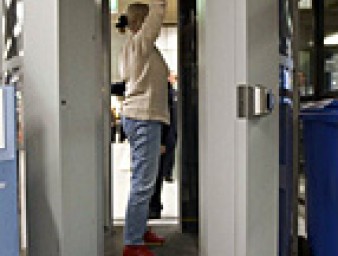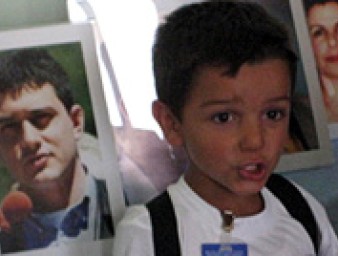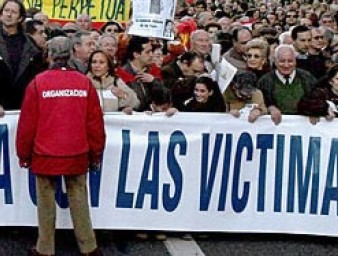Fair trial and due process in the counter-terrorism context
18 July 2012
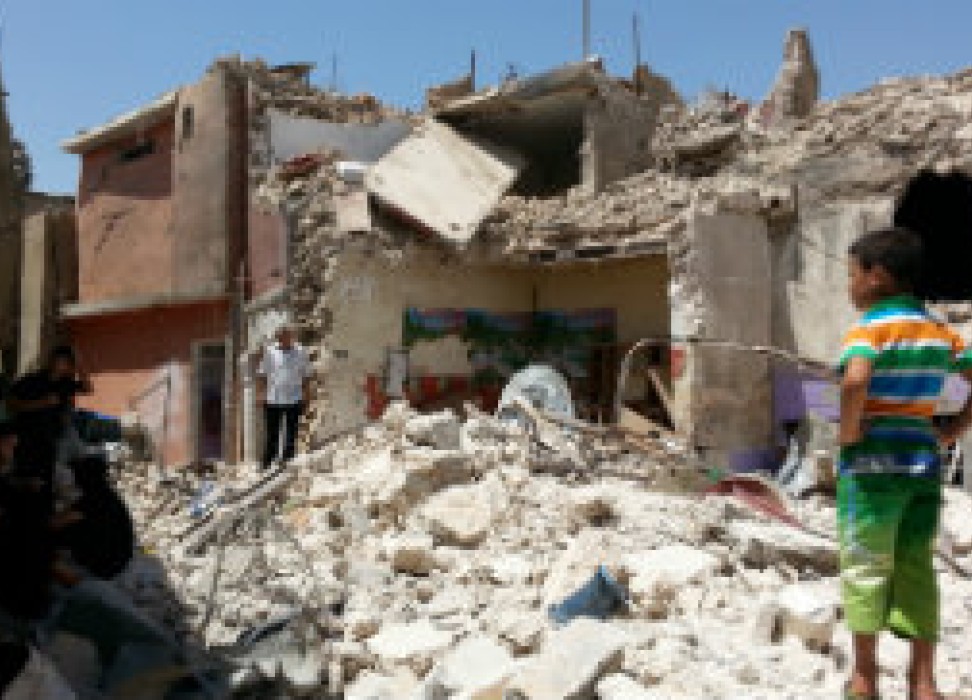
How do the authorities effectively prosecute and punish those responsible for terrorism-related offences while guaranteeing the right to a fair trial for all suspects of terrorism?
This was the central question at a regional meeting for Europe convened in Brussels on 5 and 6 July 2012.
“Measures that violate human rights risk undermining the very goals that States seek to achieve in countering terrorism, and can even increase radicalization that can lead to extremist violence,” said UN Assistant Secretary-General for Human Rights, Ivan Šimonović, opening the meeting.
The meeting on “Fair trial and due process in the counter-terrorism context” was organized by the UN Counter-Terrorism Implementation Task Force (CTITF) and the UN Human Rights Office that leads the task force’s work on protecting human rights while countering terrorism.
“The non-derogable nature of certain human rights….even in times of emergency, further reinforces the importance of strictly upholding these rights in the counter-terrorism context,” Šimonović said.
The meeting attracted about 40 participants, including representatives of the ministries of foreign affairs and justice; prosecutors; practitioners; representatives of regional organizations; international, regional, and national human rights and criminal law experts; representatives of the civil society and members of the CTITF. Represented Governments included Belarus, France, Germany, Ireland, Italy, Norway, Romania, Slovakia, and Sweden.
Among other subjects, the meeting discussed investigation- pre-trial and trial phases for persons suspected of terrorism offences; current legislation, practices and challenges in the fair trial and due process context in Europe; and how to better ensure accountability for human rights violations that occur in the counter-terrorism context.
Participants analysed challenges to fair trial and due process requirements of international human rights law, including administrative detention without charge or trial; incommunicado detention; extradition of terrorism suspects; the use of secret and intelligence information as evidence in trial; special courts and procedures for individuals accused of terrorist acts and extraordinary renditions.
Ben Emmerson, the UN Special Rapporteur on counter-terrorism and human rights, said that laws enacted following the 11 September 2001 terrorist attacks in New York and Washington, D.C., represent “a very broad and dangerous expansion of government powers to investigate, arrest, detain and prosecute individuals at the expense of due process, judicial oversight and public transparency.” He called for a close review of such laws.
The Brussels meeting was the third in a series sponsored by the Netherlands and Sweden. Previous meetings took place in Bangkok in February 2011 for South East Asia and Istanbul in February 2012 for the Middle East and North Africa. The final meeting, planned for February 2013, will cover the South Asia region.
Based on the meetings, a report will be produced to give guidance to United Nations Member States on how best to protect fair trial and due process rights while confronting terrorism.
19 July 2012
Keynote statement of Assistant Secretary-General for Human Rights Ivan Šimonović
CTITF Working Group on Protecting Human Rights while Countering Terrorism
The Counter-Terrorism Implementation Task Force (CTITF)
Fact sheet: Human rights, terrorism and counter-terrorism (PDF)
2010 High Commissioner’s report on human rights and counter-terrorism
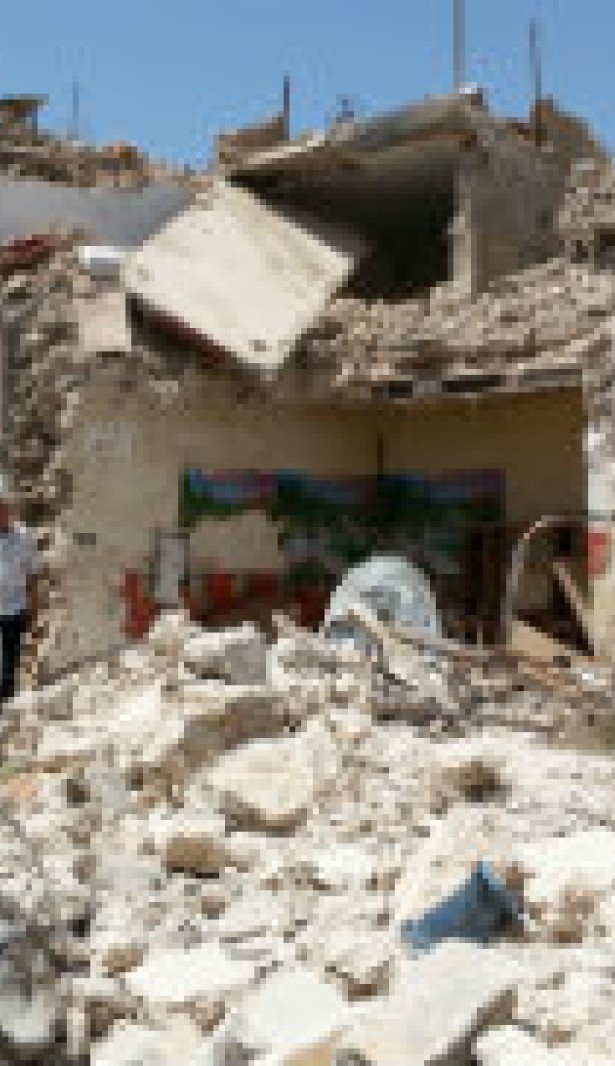
VIEW THIS PAGE IN:
